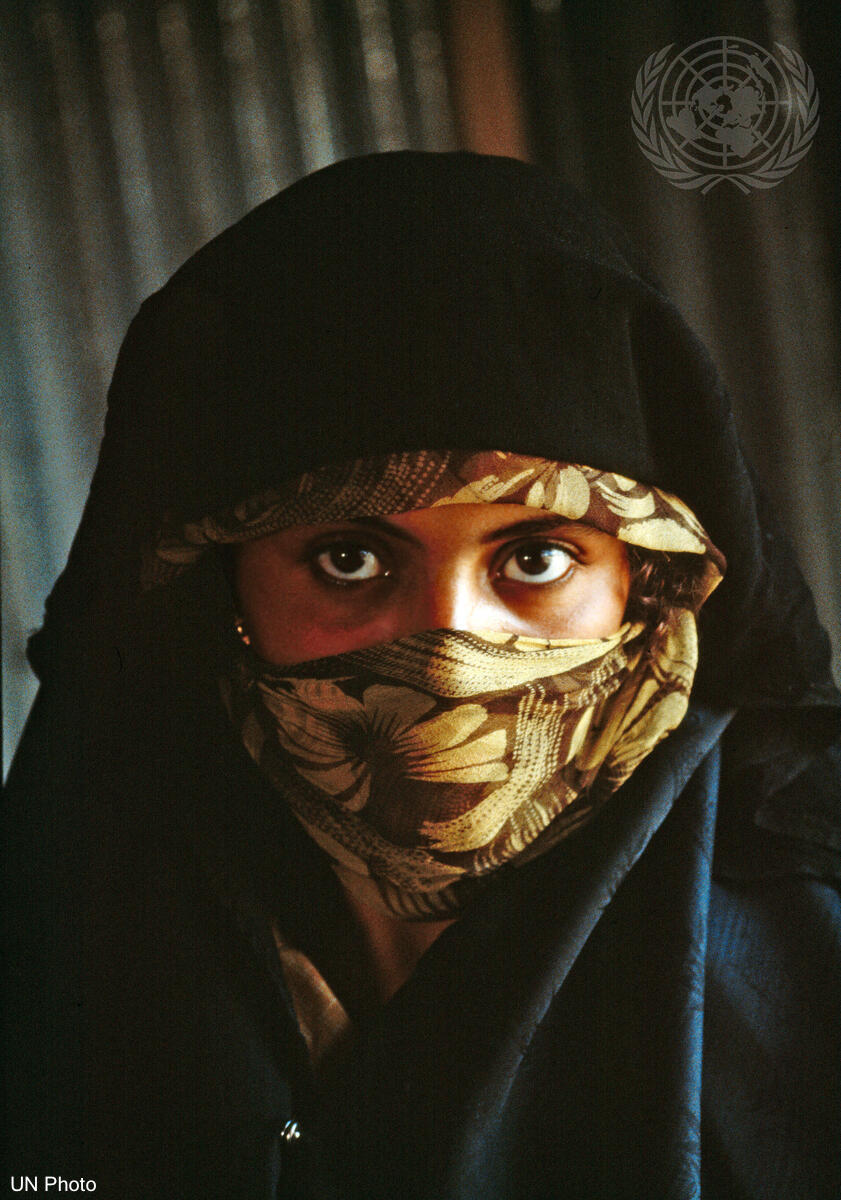
The information below is based on the Report of the Secretary-General to the Security Council (S/2021/312) issued on 30 March 2021.
As the conflict in Yemen entered its sixth year, the humanitarian situation there has continued to deteriorate, leaving the country on the brink of famine and economic collapse. The already dire humanitarian crisis was exacerbated by the destruction of essential infrastructure, such as health facilities, the spread of COVID-19 and restricted humanitarian access. The signing of the Riyadh Agreement between the Government of Yemen and the Southern Transitional Council in 2019, despite showing signs of fragility, constitutes a pathway for peace in the country. The attack on Aden airport on 30 December, as members of the newly formed cabinet returned to Yemen, marked a setback for reconciliation efforts. As conflict intensified during 2020, over 158,000 civilians were displaced, heightening the risk of sexual violence. Migrants also faced an increased risk of sexual violence, illegal detention and extortion by smugglers in border areas.
In its resolution 2511 (2020), the Security Council affirmed that sexual violence in conflict could constitute a sanctionable act and a threat to the peace, security or stability of Yemen. In its most recent report, the Panel of Experts on Yemen reiterated that Sultan Zabin remained the director of the Sana’a-based criminal investigation department, despite his prominent role in a policy of intimidation and sexual violence against politically active women (S/2021/79). In response, the Security Council decided in its resolution 2564 (2021) adopted on 25 February 2021 that Sultan Zabin shall be subject to sanctions for the use of sexual violence in armed conflict. The Panel further documented cases of sexual violence against two internally displaced women in Dar Sa‘d, Aden, committed by members of the Security Belt Forces, and cases of sexual violence in detention settings committed by the Houthis (also known as Ansar Allah). The Group of Eminent International and Regional Experts on Yemen documented patterns of sexual violence and ill-treatment in detention centres, such as the Sana’a Central Prison and Al-Saleh Prison in Ta’izz, controlled by the Houthis, where men and boys were subjected to rape, electrocution and beating of genitals, and threats of sterilization and forced nudity, in order to extract confessions or to punish them for their perceived political affiliation (A/HRC/45/6). Persons with diverse sexual orientations or gender identities faced heightened risks of sexual and other violence, particularly in detention settings, owing to deep-rooted patriarchal norms. The Group of Eminent Experts documented nine cases of arbitrary detention, ill-treatment, torture and sexual violence perpetrated by the Houthis and Security Belt Forces against individuals accused of spreading prostitution and homosexuality and supporting the enemy.
Recommendation
I urge all parties to the conflict to adopt commitments to prevent and respond to conflict-related sexual violence and to hold perpetrators accountable for their crimes. I call for safe and unimpeded humanitarian access for service providers to deliver assistance to survivors of sexual violence and those at risk, including in detention settings.